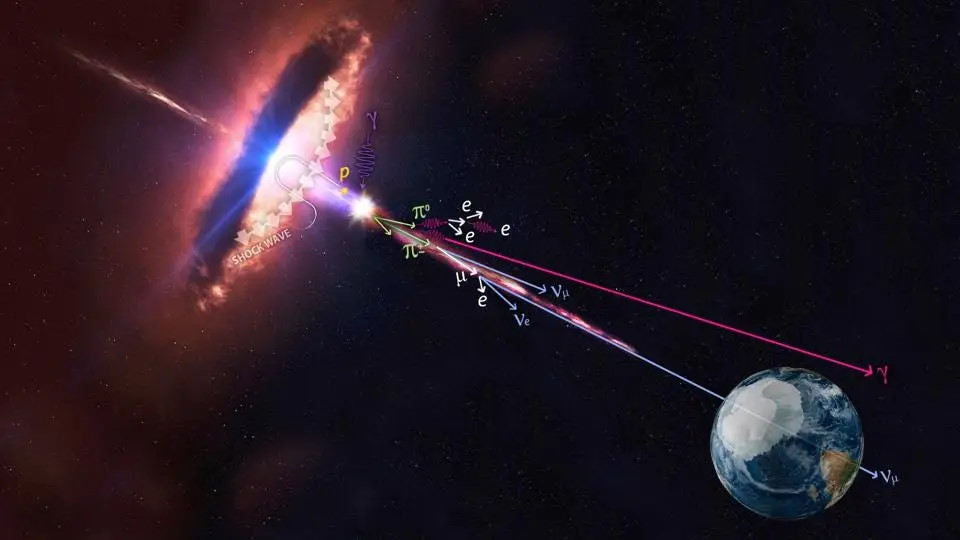Worldwide Sperm Counts Are Dropping at an Alarming Rate

There are 7.6 billion people on earth now, with that number expected to rise to 8.8 billion by 2050. That’s according to the U.N.’s 2017 World Population Prospects Report. It’s a lot of people — there were only about half of the current population in 1972 — but the U.N.’s prediction actually represents a slowing of the recent growth rate, from 1.24% to 1.1 %. That may not seem like much, but it is part of a downward trend, and a new report may shed some light on at least one reason: Over the last four decades, sperm counts worldwide have dropped by 59.3%, and they’re apparently continuing to go down. This means there’s an ever-growing number of men who are infertile or nearly so.
Sperm count is of concern to public health researchers for a few reasons. Most obviously, it’s closely linked to male fecundity, and thus birth rates. Second, reduced sperm count has been linked to cryptorchidism, hypospadias and testicular cancer. Third, those little swimmers may be the canaries in the er, coal mine, since changes in their levels have been associated with environmental factors such as exposure to chemicals, pesticides, and heat, and with lifestyle factors such as stress, diet, smoking, and BMI.
Worries about semen quality go back at least as far as 1992, when a study was published that found, “There has been a genuine decline in semen quality over the past 50 years.” The authors of the current research examined sperm concentrations (SC) and total sperm count (TSC) statistics listed in English-language studies dating back to January 1, 1981 — just after index of biomedical research MEDLINE added “sperm count” as a searchable term — and on up to December 31, 2013. They also worked with the Embase database.
The researchers were looking for studies of men who were either “unselected” — young males unlikely to even know if they were fertile or not — and “fertile” — men who’d already fathered children. The team excluded studies of men being treated for infertility or sub-fertility, men with genital abnormalities, diseases or certain medications, and those who’d been exposed in their jobs to extreme environmental influences. Also excluded were studies involving fewer than 10 subjects.
The huge percentage drop is largely a product of a 50-60% decline in sperm counts in North America, Europe, Australia, and New Zealand.
The SC and TSC declines add a physiological factor to a decline in birth rates that’s been observed over the last two decades, often attributed to more women entering the work force than in the past.
While no one thinks the planet needs still more people to support, the drop in fertility suggested by this study raises two alarms for lead study author Hagai Levine, who’s been left “very worried” by the findings, as he told the BBC:
• The low SC and TSC counts may represent assaults on our health in general from stressors in the environment: “If we will not change the ways that we are living and the environment and the chemicals that we are exposed to, I am very worried about what will happen in the future.”
• Second, Levine says, “Eventually we may have a problem, and with reproduction in general, and it may be the extinction of the human species.”





